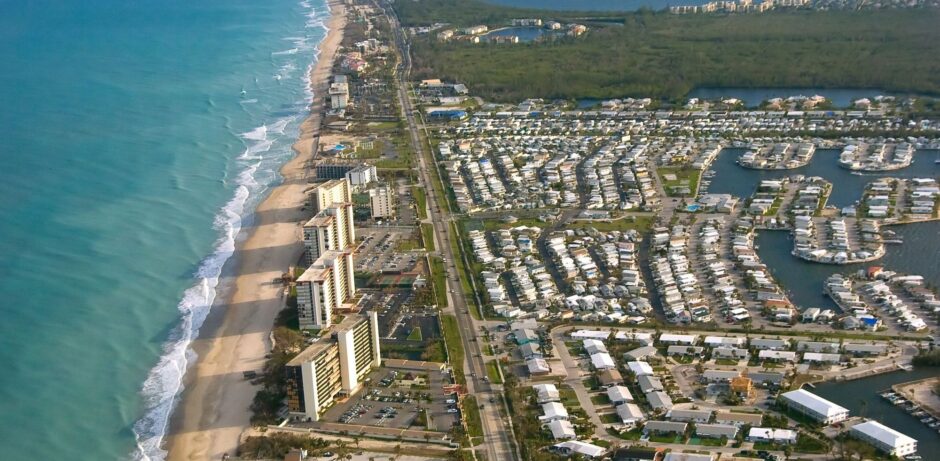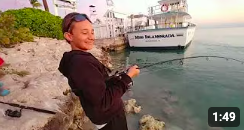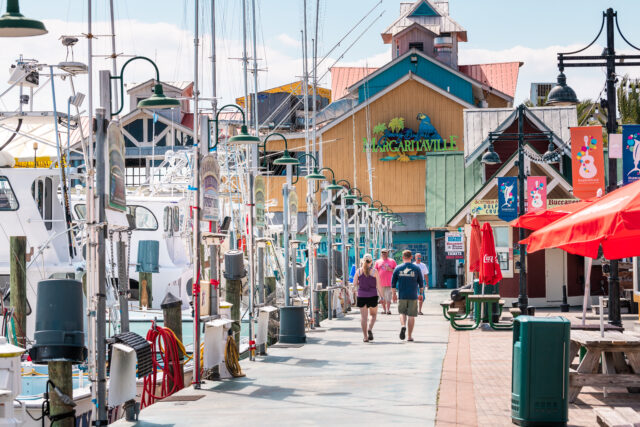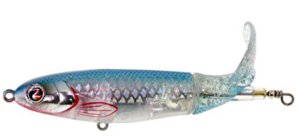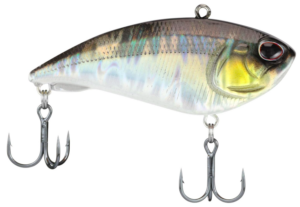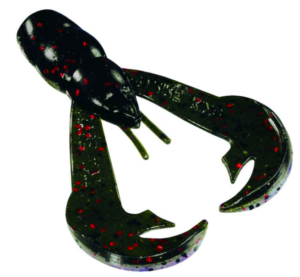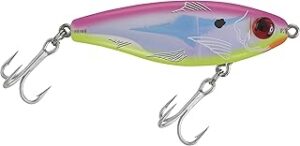Fishing Stuart, Florida in the Spring
| Month | Avg. Air Temps °F (Hi/Lo) |
| March | 79° / 60° |
| April | 82° / 65° |
| May | 85° / 70° |
The spring brings warmer waters and more fish into this area. Anglers catch plenty of redfish, sheepshead, sea trout, flounder, whiting and black drum, but they also see other fish migrating into this area. Bluefish, tarpon, cobia, pompano, jacks and sharks are just some of the fish you may catch as waters warm up in the spring. Offshore, anglers target the Gulf Stream for billfish, mahi mahi, wahoo and tuna.
Fishing Stuart, Florida in the Summer
| Month | Avg. Air Temps °F (Hi/Lo) |
| June | 89° / 73° |
| July | 90° / 74° |
| August | 90° / 75° |
In the summer, fishing is in full swing here with so many different fish to target. Inshore, expect to see the usual redfish, sea trout, flounder, black drum and sheepshead. Tarpon are the big draw here in the middle of the summer as they move through the area. Anglers also catch bluefish, jacks, sharks, pompano and more. Offshore, the summer months offer excellent fishing for a variety of pelagic species.
Fishing Stuart, Florida in the Fall
| Month | Avg. Air Temps °F (Hi/Lo) |
| September | 89° / 74° |
| October | 85° / 70° |
| November | 80° / 64° |
As the water temperatures cool in the fall, the bite stays strong in this area for so many different species of fish. The annual fall mullet run provides some of the most exciting fishing of the year for a variety of different species.
Fishing Stuart, Florida in the Winter
| Month | Avg. Air Temps °F (Hi/Lo) |
| December | 76° / 59° |
| January | 74° / 55° |
| February | 76° / 57° |
The cooler winter months can provide some excellent fishing opportunities in this area. Many migratory species of fish will move back down the coast as they follow the mullet in the fall, but then the warm water temperatures will keep them down here. Anglers do well with pompano, bluefish and Spanish mackerel through the winter. The typical resident fish found inshore will typically bite well all winter. Offshore, sailfish are popular here, however, you do have to deal with the winter winds that can make the waves a lot tougher to deal with further offshore.
Fish with Kevin on Headwaters Lake
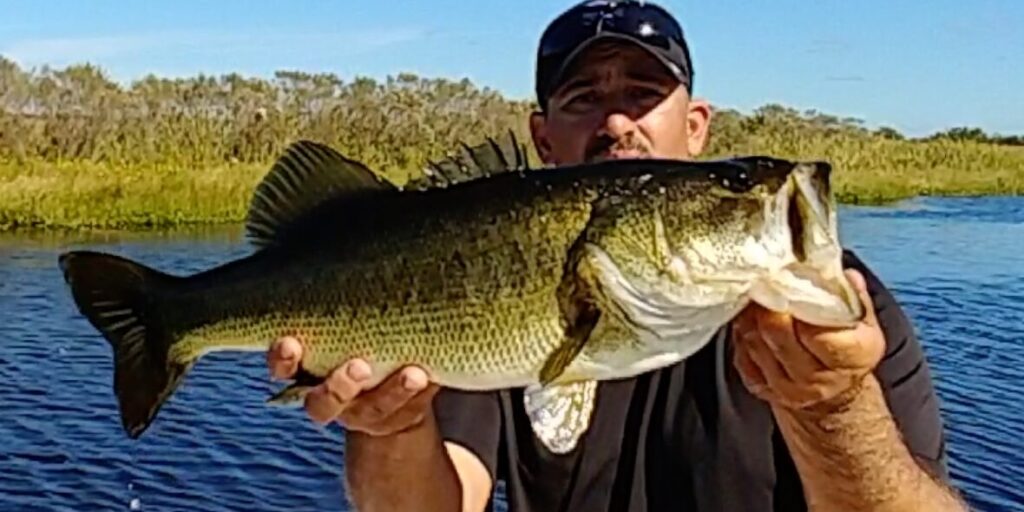
Come fish Florida’s newest and best bass fishing lake. It is located about an hour and 35 minutes from Palm Beach International Airport. Kevin is the owner of UltimateFishingSite.net and he is now offering guided bass fishing trips on Headwaters Lake from December 2024 through June 11th, 2025. You will be fishing out of his brand new 2024 Mako Fishing Boat.
Kevin’s Guide Page – Fish with Kevin
